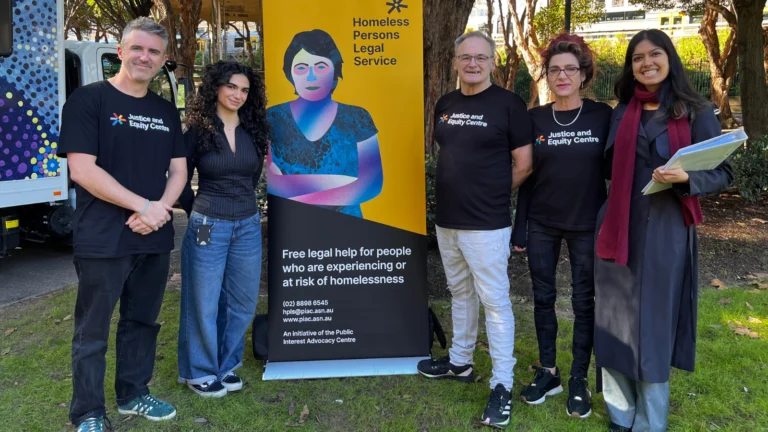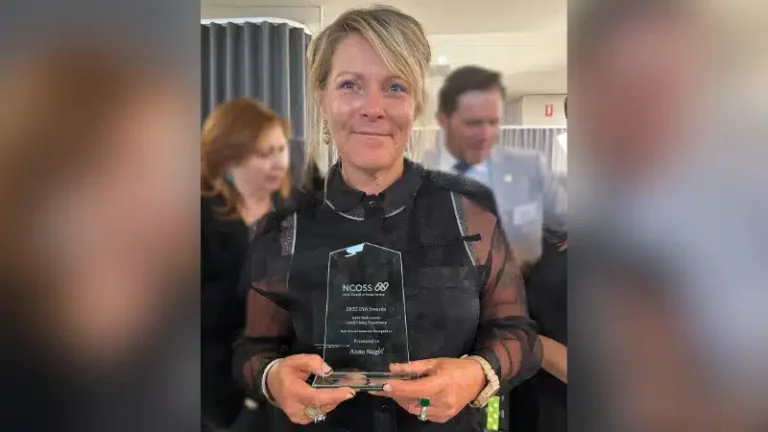This submission responded to the Independent Pricing and Regulatory Tribunal’s (IPART) draft operating licence for Sydney Water Corporation (the draft licence). The submission addressed two issues: IPART’s efforts to achieve consistency between the licences of major public water utilities; and, the imposition of late fees. The submission stated that PIAC supports efforts to achieve consistency between operating licences for similar water utilities in NSW. However, the submission noted that consistency should not be pursued for its own sake, but only when such an approach will deliver good outcomes for consumers. In particular, PIAC argued that clauses in Sydney Water’s new licence should only be brought in line with clauses in Hunter Water’s current licence where the latter represents best regulatory practice. PIAC also stated that in principle, it does not support late fees. If such fees are imposed, they should only be charged at a level that recovers the costs imposed on the company by a customer failing to pay their bill on time.
20 Nov 2025
StreetCare and HPLS improve access to critical housing supports
Many people in critical need of a home will have easier access to NSW Government housing and Temporary…

